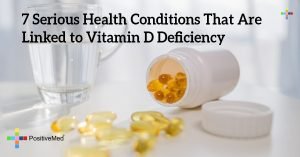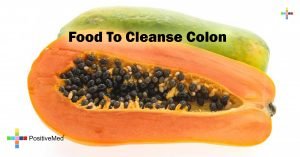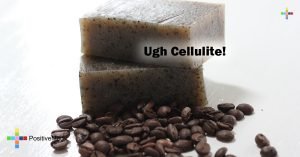
When people hear the words chest pain they often think heart attack, the symptoms of which can include a strange feeling in the chest, pressure, sweating, shortness of breath, nausea or vomiting, pain, sudden weakness, and a fast or irregular heartbeat.
While it’s true that the pain can be a symptom of a heart attack, pain in the chest can be a symptom of many other conditions such as other heart problems, like angina, panic attacks, digestive problems such as heartburn or esophageal disorders, sore muscles, lung diseases such as pneumonia, pleurisy, pulmonary embolism, or even costochondritis – an inflammation of joints in your chest.
There are many different causes of the pain, some of these are life-threatening and require immediate medical attention.
Home treatment is not appropriate for chest pain if pain occurs with symptoms of a heart attack.
Signs that sharp chest pain isn’t a heart blockage:
• Sharp chest pains that get worse with taking a breath
• Sharp chest pain that is very short in duration – just a few seconds
• Sharp stabbing pains that are worse when you press on the chest
• When movement aggravates your sharp pains
Garlic
Garlic has traditionally been used as a medication for several illnesses, it contains vitamins and minerals such as calcium, phosphorus, iron, thiamine, riboflavin, niacin, and vitamin C.
Garlic is effective in treating chest diseases such as tuberculosis and arteriosclerosis, its usually combined with milk which can reduce spasms of the small arteries, which eases pressure, slows the pulse, and alters the heart’s rhythm providing relief from symptoms like dizziness, shortness of breath, and gas formation.
Basil
Basil not only enhances the taste of your favorite dishes but provides many health benefits, working like medications such as aspirin to block cyclooxygenase and provide an anti-inflammatory effect.
It also provides a great amount of vitamin A, preventing the oxidation of cholesterol in the bloodstream and buildup of cholesterol in your vessels. Magnesium found in basil enhances blood flow by aiding the heart and blood vessels to relax.
Alfalfa
Juice extracted from alfalfa contains significant amounts of chlorophyll that help manage many lung-related diseases, softening arteries, and reducing the chances of cardiac chest pain.
Hibiscus tea
Hibiscus tea is rich in vitamin C and minerals that help control cholesterol and decreases the risk of heart disease, lowers hypertension, and prevent other chest problems.
The antioxidants found in this tea help decrease the amounts of fat that accumulates in the arteries, reducing the risk of heart diseases and chest pain.





